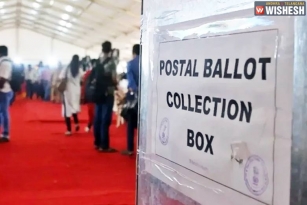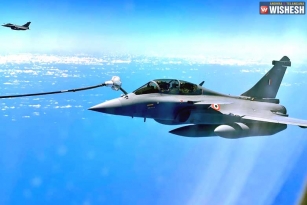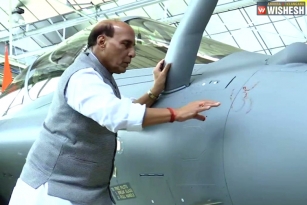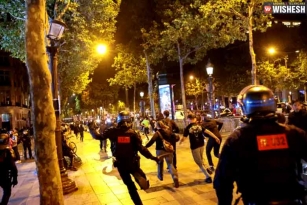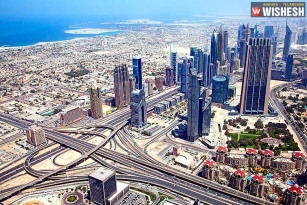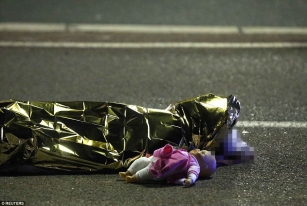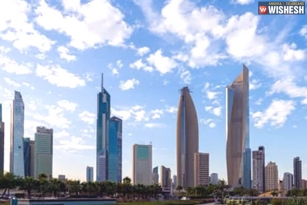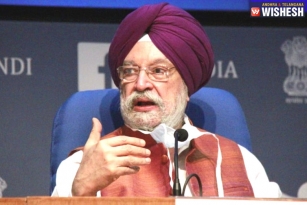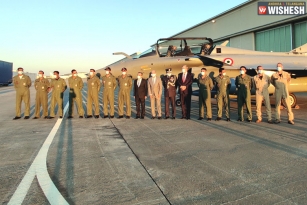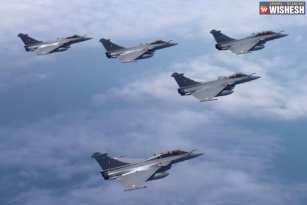
Just in the gap of hours, radical Islamic out wings carried out attacks in three continents that made scores of civilians lifeless and put many others on life support. As of now, the only link available between the attacks is the timing.
In France, two men rammed a car into the premises of a U.S.-owned chemical plant, decapitated one person and apparently tried to blow up the facility. The decapitated head was covered in Arabic writing.
In Tunisia, a gunman opened fire at a Tunisian beachside hotel in the popular resort of Sousee. At least 39 people killed in the assault. In Kuwait, a suicide bomber attacked a Shite Mosque during the main weekly prayers. The death toll reached 25 and many suffered with severe injuries.
While the Islamic State group claimed responsibility for the attacks in Tunisia and Kuwait, France attack is not exception of their heinous acts as police found an Islamic State flag in the location.
With the chain of attacks that happened in workplace, beach, and mosque, now it became increasingly difficult of anticipating the terror attacks and save the innocent people.
The United States has killed leaders of al-Qaida in Afghanistan, Yemen and elsewhere, but the group has felt its presence across the world with a string of branches.
At first, ISIS built its self-declared caliphate in its captured territories of Iraq and Syria and then it expanded its civil wars from Libya to Yemen. Social Media has also provided an opportunity for them to long spread the message.
Earlier this week, the spokesman for the Islamic State, Abu Mohammed al-Adnani, greeted the group's followers for Ramadan, telling them that acts during the Muslim holy month earned greater rewards in heaven.
"Muslims, embark and hasten toward jihad," Adnani said in an audio message. "O mujahedeen everywhere, rush and go to make Ramadan a month of disasters for the infidels."
- Manohar









